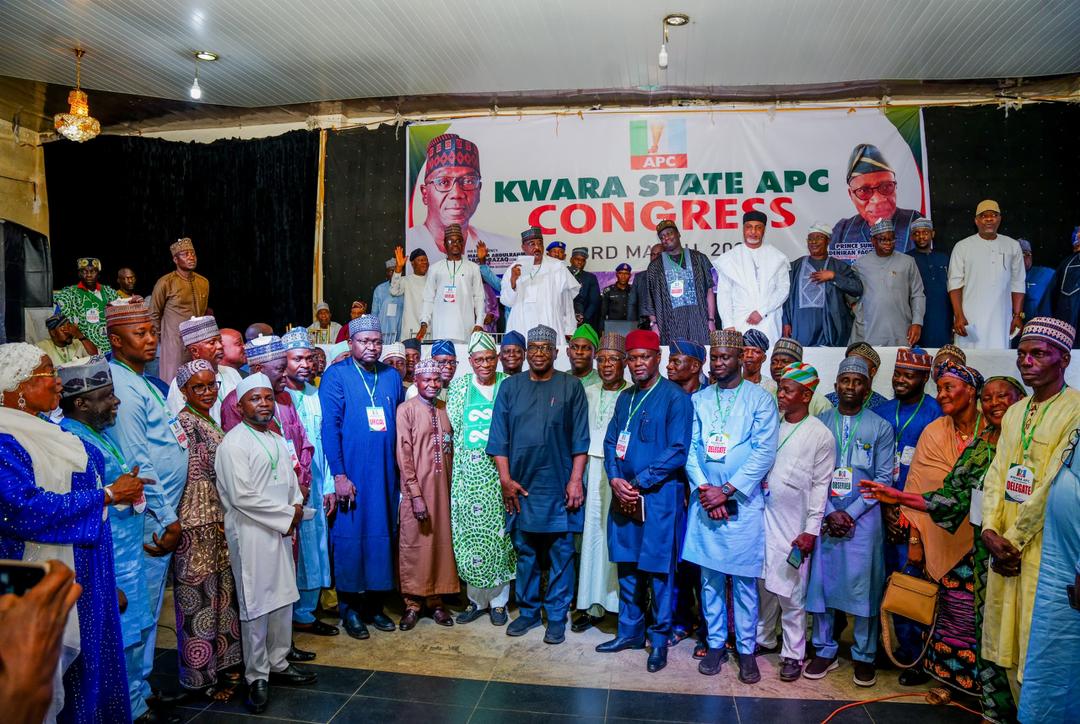Dangote Petroleum Refinery has clarified that membership of trade unions by its workers remains strictly voluntary, in line with the Nigerian Constitution and conventions of the International Labour Organisation (ILO).
The clarification followed recent claims by the Nigeria Union of Petroleum and Natural Gas Workers (NUPENG), which accused the company of interfering in employees’ union affiliations.
In a statement issued on Wednesday, the refinery described NUPENG’s allegations as “distortions of facts,” insisting it neither compels nor restricts workers from joining legally recognised unions.
“It is therefore misplaced to attribute responsibility to Dangote Petroleum Refinery for the personal choices made by drivers regarding union affiliation,” the company stated.
Dangote dismissed reports that it forced drivers to sign contracts barring union membership, calling the claim “unfounded.” Instead, the company urged NUPENG to resolve its internal dispute with the Petrol Tanker Drivers unit “rather than embroiling the refinery in its conflicts.”
The company maintained that it enjoys a cordial relationship with trade unions, providing them with office space, access to workers, and enabling dues collection without interference. It reaffirmed support for mediation by the Ministry of Labour and appealed to NUPENG to act in good faith.
“We urge NUPENG to respect the ongoing dialogue process and refrain from making statements that could undermine national economic recovery efforts led by President Bola Ahmed Tinubu, GCFR,” the statement read.
Workers’ Welfare
Dangote Industries Limited described itself as Nigeria’s largest private-sector employer, stressing that it prioritises staff welfare, safety, and career growth. The company disclosed that drivers under its new Compressed Natural Gas (CNG) truck scheme earn packages three times higher than the national minimum wage, in addition to insurance, pensions, housing benefits, medical allowances, and access to loans.
According to the company, the rollout of 10,000 CNG-powered trucks—representing a ₦720bn investment—would create at least 60,000 direct jobs and many more indirect opportunities, while lowering logistics costs and supporting the government’s energy transition plan.
National Impact
Since its commissioning one year ago, the refinery said Nigeria had shifted from being Africa’s largest importer of refined petroleum products to a net exporter, even reaching markets in the United States. It added that its by-products—polypropylene, jet fuel, and base oils—were boosting industries including plastics, aviation, lubricants, and agriculture.
The company also claimed its operations had eliminated recurring fuel scarcity, stabilised prices, and created more than 570,000 jobs across logistics, construction, and maintenance. Host communities, it added, had benefitted from new roads, power, and water supply.
Dangote further described the refinery as a hub for skills transfer, noting that thousands of Nigerian engineers and technicians had been trained in modern refining techniques.
Monopoly Claims Rejected
On concerns about monopoly, the refinery dismissed them as “recycled falsehoods.”
The greater concern lies in the inaction of those with the means to invest in Nigeria, who instead choose to remain on the sidelines. At Dangote, we have chosen to invest boldly in Nigeria’s future, and we will continue to do so. It is time others follow suit,” the company said.












Leave a Reply